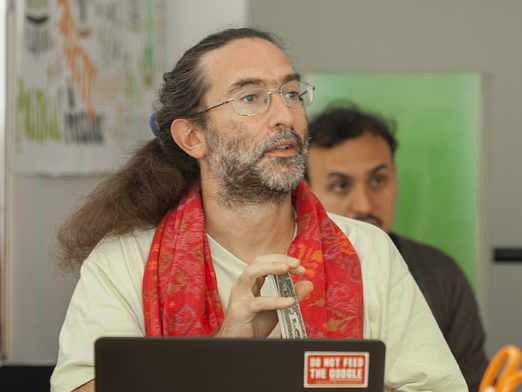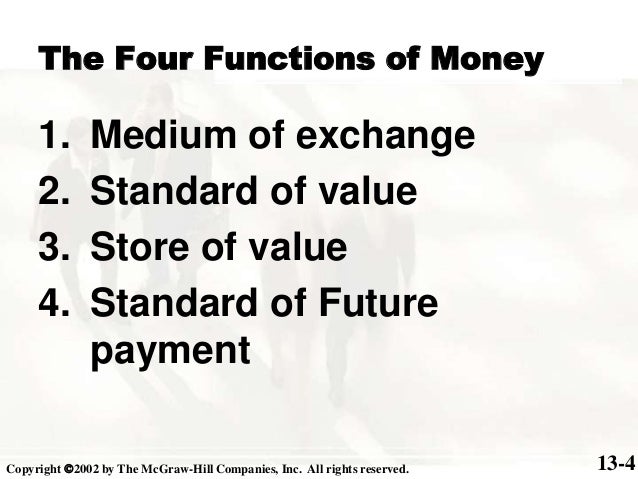
I've learned in the last decade just how hard it is to work outside the money system. Its like trying to work outside of Facebook - there just isn't anything else equivalent, and all your connections are there. If you drop out of the money system you lose all your trading partners and may struggle to build a new network in a field which is narrower and has less powerful tools.



 Over the years I've come across a few proposals that any person or entity should able to issue their own currency, and I've always struggled about what that would mean and how it would work. This is relevant for recursive currency systems like the Credit Commons in which theoretically any member could create a currency as part of a larger monetary ecosystem. Recently I've been thinking these through and I think the benefits are outweighed by the drawbacks.
Over the years I've come across a few proposals that any person or entity should able to issue their own currency, and I've always struggled about what that would mean and how it would work. This is relevant for recursive currency systems like the Credit Commons in which theoretically any member could create a currency as part of a larger monetary ecosystem. Recently I've been thinking these through and I think the benefits are outweighed by the drawbacks.

